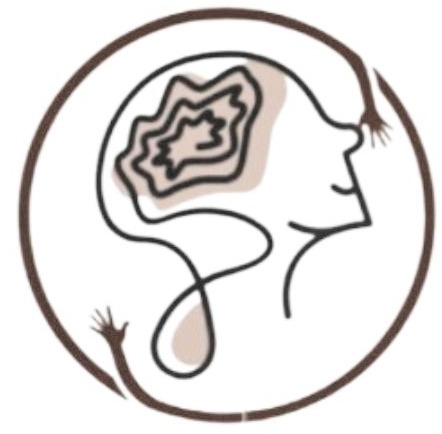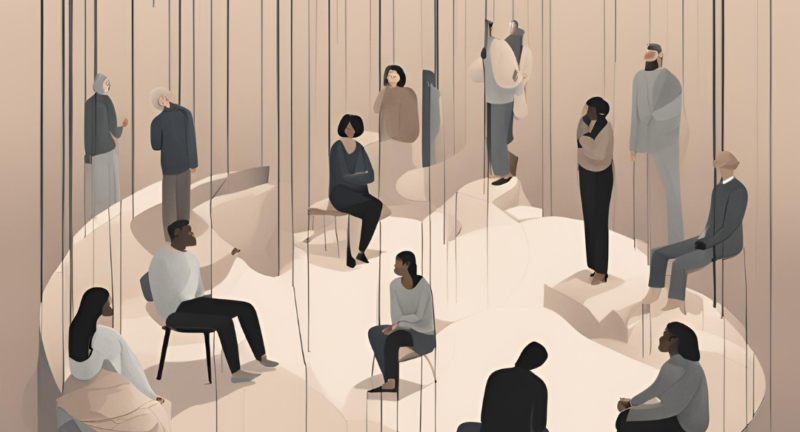
Childhood: Why Does it Matter?
For over a century, we’ve accepted a compelling idea about human nature: that our childhoods set the tone for our adult lives. According to psychotherapists, those early years influence how we love, trust, and relate to ourselves and others. Yet, despite the intellectual appeal of this concept, many of us struggle to feel its truth deeply. Can those distant, hazy years really hold the key to understanding who we are today? How much of our present lives are shaped by fleeting memories, old photos, and family holidays? Could this theory of childhood’s profound influence simply be a widespread misconception?
To explore this further, let’s consider some of the most common questions—and challenges—surrounding this idea:
How Can Childhood Be So Important When Nothing Major Happened?
It’s easy to accept that traumatic childhoods, marked by abuse or neglect, can leave lasting scars. But what about the rest of us, whose childhoods involved nothing more than a few arguments or emotional ups and downs? Can these relatively uneventful years really shape us?
This question is reminiscent of the scepticism people had about microbiology in the late 19th century. At the time, many couldn’t believe that something as tiny as a microbe could contaminate an entire city’s water supply. They thought only big problems could have big causes. Similarly, we might underestimate how seemingly small or subtle experiences can deeply affect our psychological landscape. Just as an invisible bacterium can make us sick, small emotional dynamics in childhood can ripple through our adult lives in ways we don’t always recognize.
But My Parents Were Good People?
Even loving and well-meaning parents can unintentionally set off patterns that lead to challenges later in life. It doesn’t take overt abuse or trauma for us to feel the effects of difficult dynamics. A parent’s anxiety, emotional distance, or overprotectiveness can shape us in ways we might not even realize, leading to struggles in how we relate to ourselves and others.
Isn’t It Normal for Everyone to Have a Slightly Messed-Up Childhood?
Many people assume that difficult childhoods are just a part of life. Since everyone seems to have their share of struggles growing up, it might feel like there’s no point in reflecting on our own experiences. However, this mindset is similar to how people once viewed dental health in medieval times. Back then, tooth decay and pain were so common that they were considered a normal part of life. Yet today, we know these issues can be largely prevented with proper care.
Likewise, just because many people experience difficulties growing up doesn’t mean those struggles are inevitable or “natural.” With the right understanding and effort, we can address the emotional impact of our childhoods and reduce the prevalence of certain psychological challenges.
My Childhood Feels ‘Normal.’ What’s the Point?
We often struggle to question what we know best. Our families and early experiences are the backdrop of our lives—they feel normal because they’re all we’ve ever known. However, just like scientists use microscopes to detect things the naked eye can’t see, psychotherapists have tools to uncover the hidden influences of childhood on adult behaviour. In therapy rooms, connections between early experiences and present-day struggles become clear. Through patterns observed in countless individuals, therapists witness firsthand how childhood experiences often shape adult emotional landscapes.
I Don’t Remember My Childhood Having That Big of an Effect on Me?
Just because we don’t consciously remember how childhood shaped us doesn’t mean it didn’t happen. We don’t recall learning to speak, yet language became ingrained in us early on. Similarly, our emotional habits—how we handle relationships, process emotions, and view ourselves—are learned unconsciously during our formative years. These emotional patterns are often as fixed as our native tongue, which makes them difficult but not impossible to change.
If the Past Can’t Be Changed, Why Dwell on It?
It’s true that we can’t go back and change our childhoods. But by examining how the past continues to affect us, we can start to reshape its impact. Understanding the roots of our fears, anxieties, and patterns of behaviour can help us break free from them. Over time, we can learn healthier ways to interact with the world, opening up paths to greater creativity, openness, and self-acceptance.
Isn’t It Easier to Just Move On and Forget About It?
Avoiding these topics is understandable. Most of us have developed ways to protect ourselves from the pain or confusion we encountered growing up. But reflecting on the past isn’t about getting stuck there—it’s about finding a way to move forward. By exploring how our early experiences shaped us, we can let go of old defenses and embrace a more authentic, peaceful present.
The invitation to look back at childhood isn’t about assigning blame or dwelling on the past. It’s about understanding where we’ve come from so we can live more freely and fully in the present.
Related Posts
Why Do We Struggle to Set Boundaries? A Relational Perspective
From a relational and psychoanalytic perspective, the difficulty in setting...
Kumbh Mela and the Militant of Science, Logic and Psychology: A Reflection on Belief and Rationality
The Kumbh Mela, one of the largest religious gatherings in the world, has once...


